John Freeman’s Dictionary of the Undoing, a collection of twenty-six alphabetical short essays, is a reclamation project, collating a “lexicon of engagement and meaning” for progressive political protest. Freeman sees language as “the one tool being vandalized before our very eyes” in the news, on social media, and in public spheres. Starting with “Agitate” and charging through words like “Citizen” and “Hope,” Freeman highlights the ways in which the meanings of single words have been split, twisted, or ignored until they are either used against us, like in the section “Police,” or until they lose much of their power, a notion present in the section “Vote.” Of particularly high import in a book filled with immediacy, are the sections on “I” and “You.”
In “I,” Freeman tackles the internet as used today: to promote and protect an image of ourselves, to ensconce the self, through algorithms and polishing of persona. The phone resembles a mirror and our capacity for seeing the world beyond the mirror, of hearing voices outside the echo chamber, has severely limited our compassion for one another. Freeman argues that this curation of the individual “I” keeps us from becoming a much more powerful “we” capable of bringing about social change. This pitting of my “I” against your “I”, keeps us fighting among ourselves and not against the powerful and wealthy who benefit from our infighting.
In “You,” the penultimate call-to-kindness, Freeman directs a challenge plainly to You, dear reader, to engage in “one act of resistance in the form of love . . . without restriction.” Freeman echoes the “I” section here, stating that to connect through kindness is a tangible act of resistance against a society that sells us an idea of the “I” who stands on their own.
Dictionary of the Undoing by John Freeman. Farrar, Straus and Giroux, November 2019.
Reviewer bio: RS Deeren received his BA from Saginaw Valley State University, his MFA from Columbia College Chicago, and is a PhD candidate at UW- Milwaukee. You can read his creative work at www.rsdeeren.com.
Buy this book through our affiliate Bookshop.org.

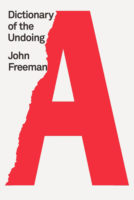
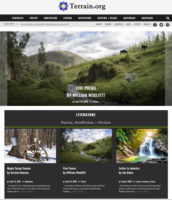
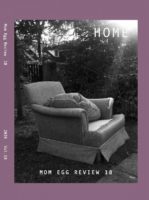
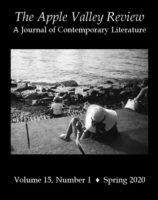
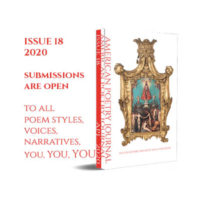
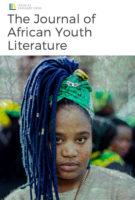
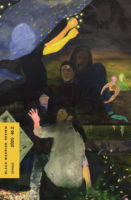
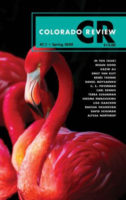
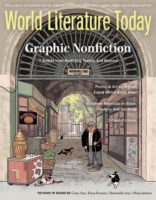
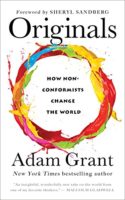
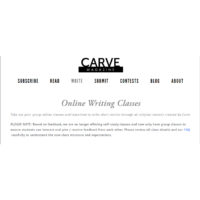
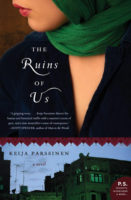
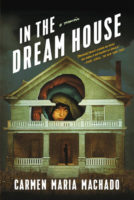

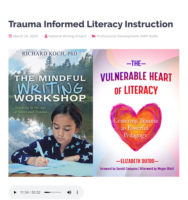
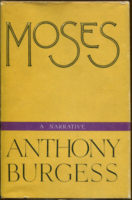
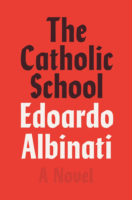
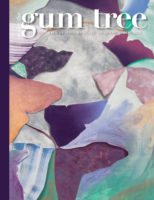
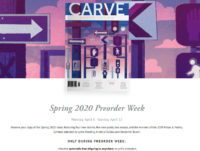
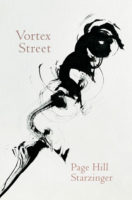
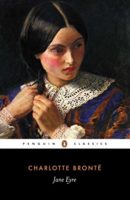

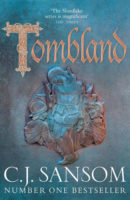
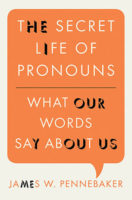
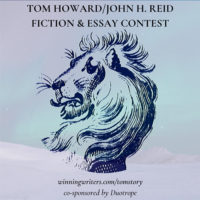
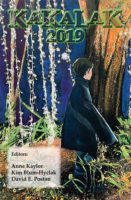
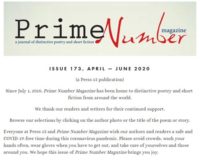
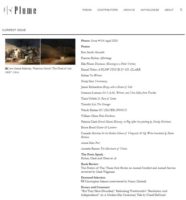
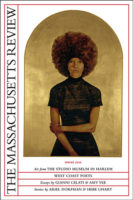
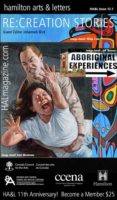
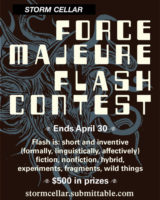
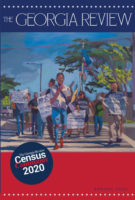
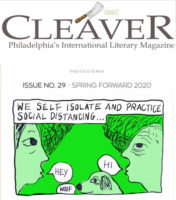
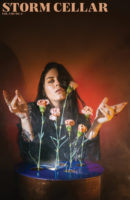
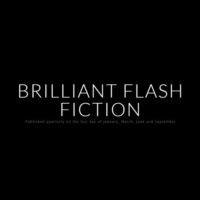
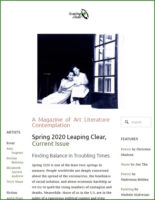
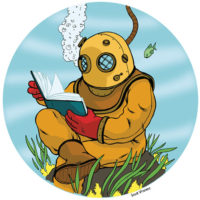
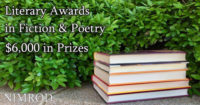
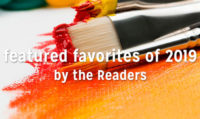 Looking for some good poetry to read during National Poetry Month? Visit Palette Poetry where Associate Editor Benjamin Bartu has put together a list of “Featured Favorites of 2019.” This list includes links to five different poems published on Palette throughout 2019, and he introduces each piece with a little insight on the editors’ feelings about them.
Looking for some good poetry to read during National Poetry Month? Visit Palette Poetry where Associate Editor Benjamin Bartu has put together a list of “Featured Favorites of 2019.” This list includes links to five different poems published on Palette throughout 2019, and he introduces each piece with a little insight on the editors’ feelings about them.